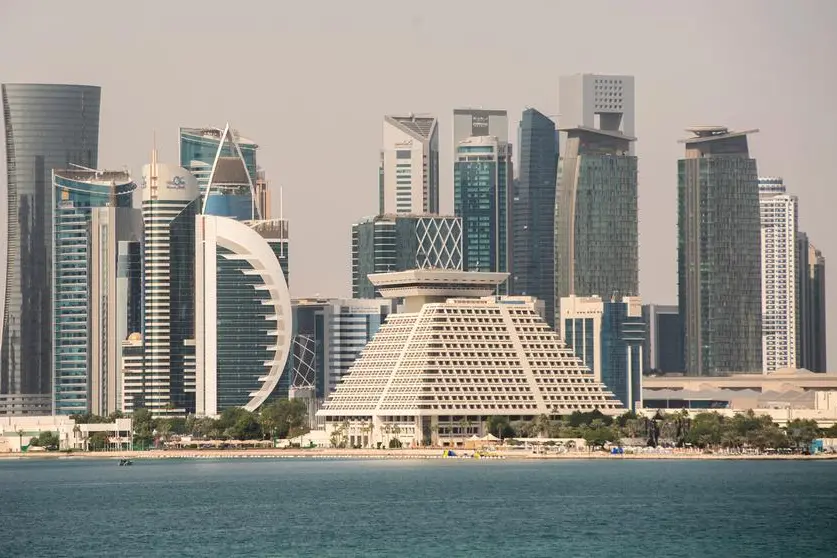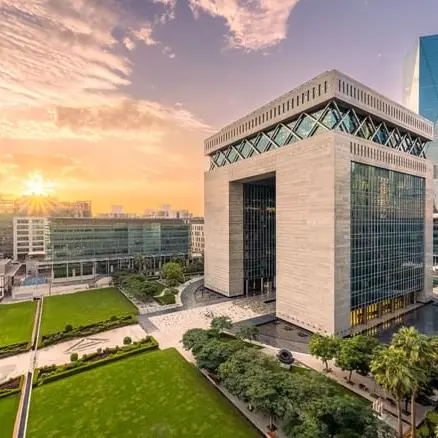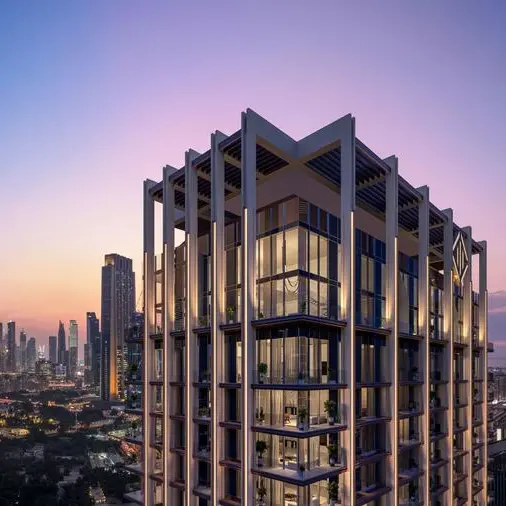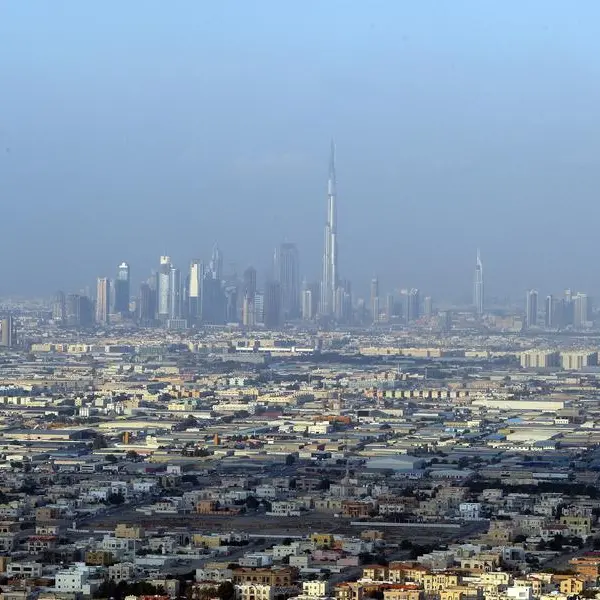PHOTO
Doha, Qatar: GCC nationals and GCC-based expats are prepared to spend $538m on Qatar’s residential market according to global property consultancy Knight Frank’s second annual Destination Qatar report.
Knight Frank, in partnership with YouGov, surveyed 502 GCC nationals and GCC-based expats (253 GCC nationals and 249 GCC-based expats), each with a minimum monthly income of $5,000 to investigate regional attitudes, appetites and aspirations to own residential property in Qatar and to visit country for leisure, shopping, and entertainment.
Knight Frank says the housing market in Qatar has remained subdued over the past year, influenced by multiple factors. Residential property demand has been generally stable against a backdrop of rising supply. This supply-demand imbalance, combined with mortgage affordability issues, continues to exert downward pressure on property prices and rental rates. Despite this, the residential sector has emerged as the most popular target asset class for GCC nationals and GCC-based expats. 65% of those surveyed by Knight Frank are keen on acquiring a residential property in Qatar within the next five years. 28% would like to transact during 2024.
Qatar’s residential sector has, for a long time, been dominated by domestic (Qatari) purchasers. In 2002, the market was opened to GCC nationals and restrictions were further eased in 2018, allowing international buyers access to 99-year leasehold ownership. According to Knight Frank, over the last five years, Qatar’s expat residents have shown a strong interest in home ownership, with home values rising by an average of 4.5% between 2018 and the end of H1 2024.
Adam Stewart, Partner – Head of Qatar, explained: “The principal reason GCC nationals and GCC-based expats would like to own residential property in Qatar is purely for capital gains, while the second biggest motivation is for a buy-to-let property. Interestingly, this is also the biggest driver for expats living in Saudi as well as those in the UAE.
Overall, we have uncovered a potential pool of $537.5m of private capital that is actively considering a residential purchase in Qatar.
In comparison, the total value of all residential sales in Qatar during H1 2024 stood at $907m.
This highlighed the rapidity at which Qatar is starting to court the interest of regional purchasers and investors”.
69 percent of GCC nationals and GCC-based expats, according to Knight Frank, are willing to spend up to $1m on a residential acquisition in Qatar, with just 7 percent prepared to spend over $4m.
Among GCC nationals aged 25-34, a significant portion, 55 percent, are willing to spend between $500,000 and $1m on a home in Qatar.
For GCC-based expats, budgets are lower, with most not willing to allocate more than $500,000.
This ranges from 34 percent of those aged 25-34 to 41 percent amongst 45-54-year-olds.
47 percent of Emiratis are prepared to commit $500,000 to $1m.
For Saudi nationals, 28 percent would like to spend no more than $500,000.
Amongst GCC nationals, those aged 25-34 have the highest average budgets at $1.3m.
This falls to $630,000 for GCC-based expats aged between 45 and 54.
Overall, however, UAE nationals have the largest potential budgets for residential purchases in Qatar, averaging $ 1.4m.
Stewart continued: “The bulk of project launches that we are aware of fall within the $500,000 to $1m price range, suggesting that residential units are being priced correctly.
It’s now a question of courting buyers in their markets and highlighting the advantages of purchasing in Qatar and the lifestyle that comes with a move to the country”.
In addition to the residential real estate sector, branded residences were also named the joint most popular real estate asset class for potential investors from around the region by GCC nationals and GCC-based expats and residents.
© Dar Al Sharq Press, Printing and Distribution. All Rights Reserved. Provided by SyndiGate Media Inc. (Syndigate.info).





















